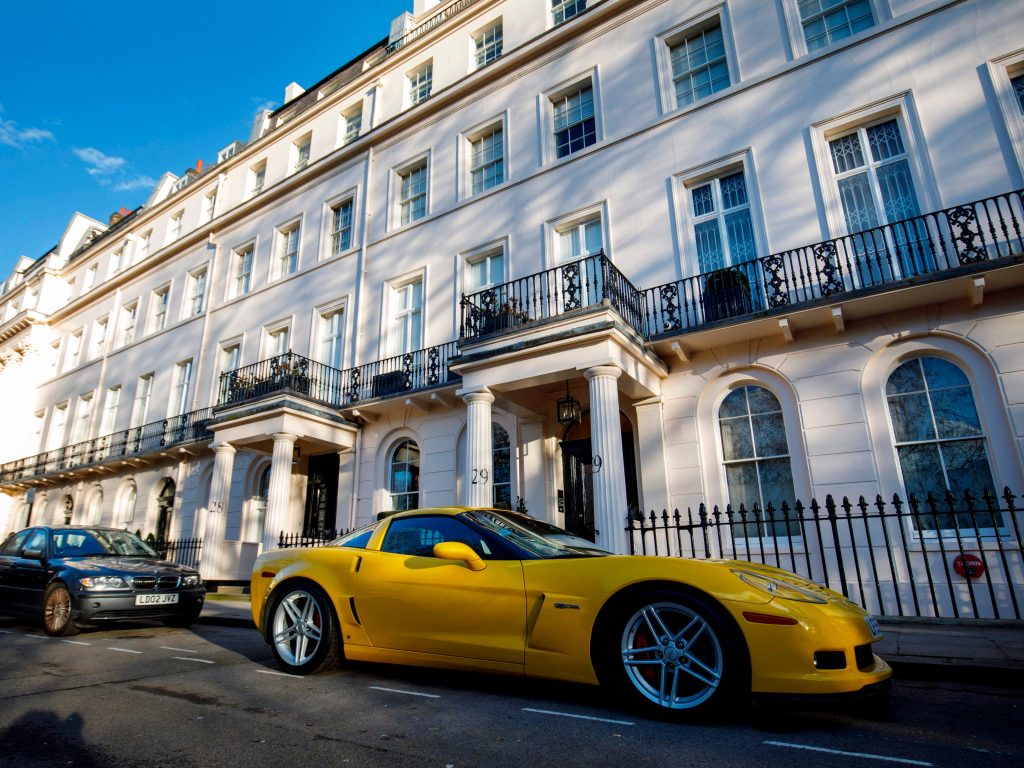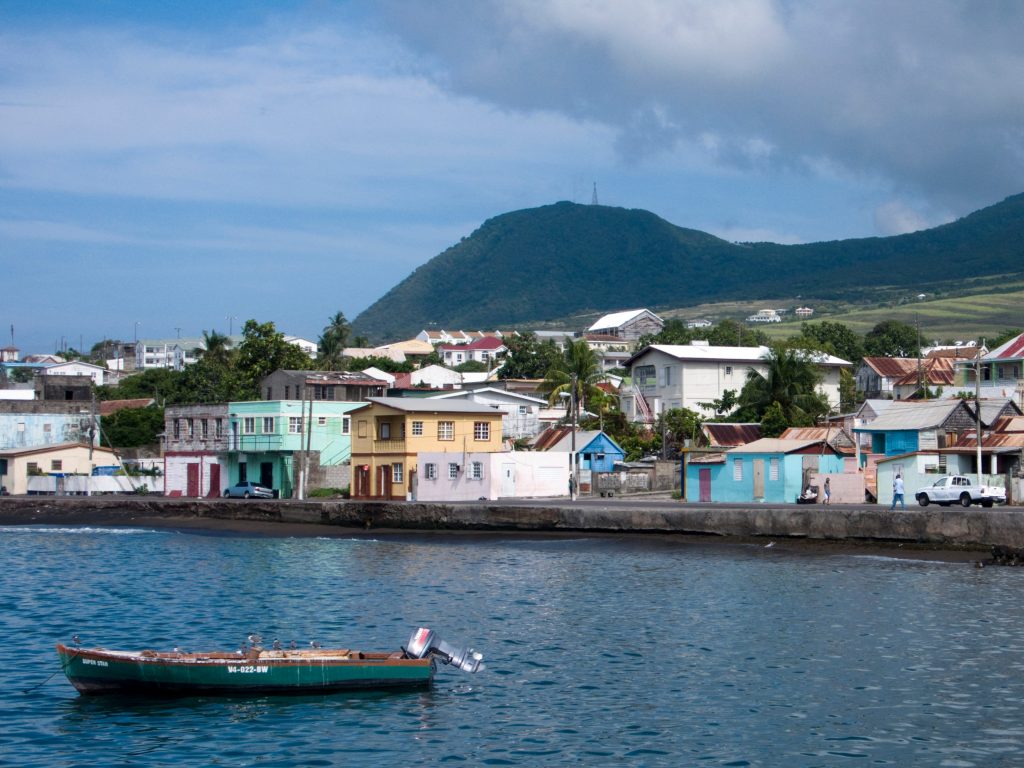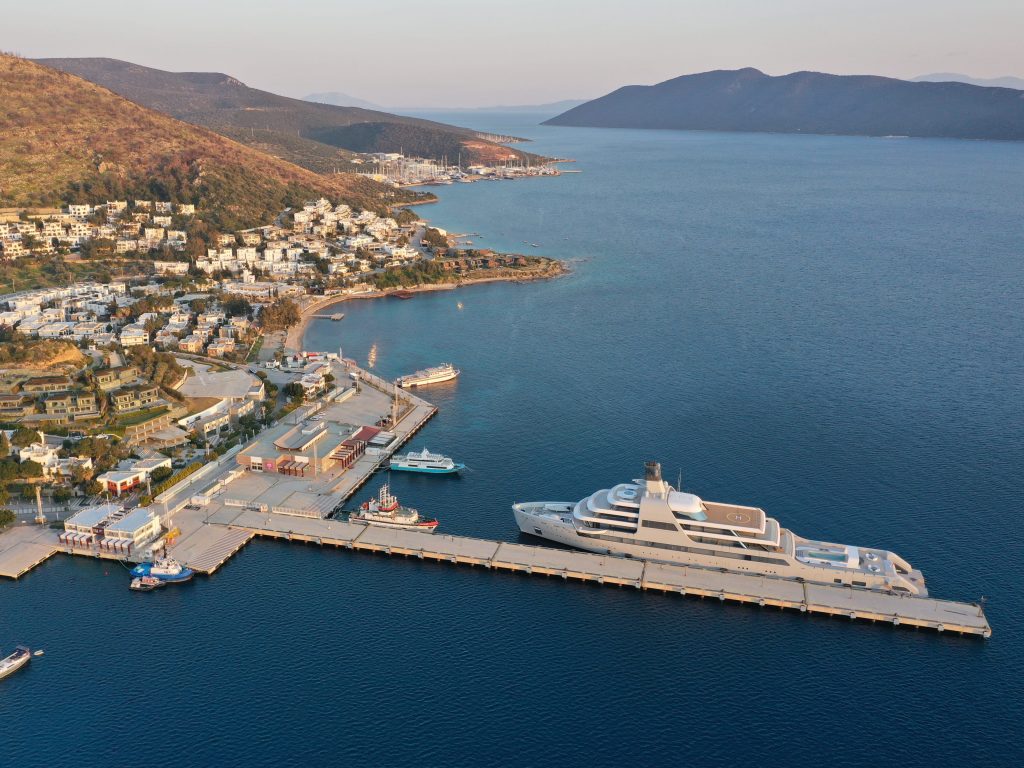- Sanctions on Russian oligarchs have led to a crackdown on "golden passport" schemes.
- The programs grant citizenship to foreign investors who buy pricey real estate or other assets in the country.
- Russian nationals account for about half of approved golden passport applications in the EU.
For many Russian oligarchs, the most powerful asset money can buy isn't a superyacht or private jet — it's a passport.
"Golden passports," formally known as citizenship by investment (CBI) programs, allow wealthy foreigners to receive citizenship or residency in exchange for investing a certain amount of money in a country.
Over a dozen countries, including the US, offer immigrant investor programs. The EB-5 program provides green cards to foreigners who invest a minimum of $1.8 million in the United States and create 10 permanent full-time jobs for US workers.
Thousands of the so-called golden passports have gone to Russia's elite in recent years, including well-known oligarchs like Roman Abramovich, who acquired Portuguese citizenship last year.
The European parliament estimates that Russian nationals account for about half of approved golden passport applications in the EU. Now, officials are worried the programs have opened up a backdoor into the union, creating "several serious security risks" amid Russia's invasion of Ukraine.
Government officials view golden passports as a 'weak spot in the EU's armor'

Until this February, the UK offered permanent residency visas to foreigners who invested at least $2.6 million in the country.
Since its introduction in 2008, many Russians have purchased multi-million dollar homes to qualify for the program. London's Eaton Square, an exclusive garden estate, has since earned the nickname "Red Square" because so many of its residents are Russian billionaires.
More often than not, those lavish mansions are empty. The real benefit of a UK visa — and any passport linked to the EU — is the ability to travel and settle freely throughout the union. This, in turn, opens up member states to the risk of money laundering and corruption, officials claim.
"They're a weak link through which to to gain admittance into the EU," Peter Spiro, the Charles Weiner Chair in international law at Temple University and leading expert in dual-citizenship, told Insider. "The concern is that unsavory and possibly criminal individuals will secure EU passports, which then entitles them to mobility and settlement rights."
For the very rich — especially citizens of countries at war or hit by sanctions — collecting extra passports is "a kind of insurance," he added.
Together, individuals from China and Russia account for 75% of all residence by investment (RBI) approvals, followed by the Middle East and North Africa, according to EU parliament research.
Both Russia and China "have seen substantial growth in private wealth and inequality over the thirty years, paired with the uncertainty authoritarian rule and limited travel opportunities, which help drive demand," the report says.
Since Russia's invasion of Ukraine, the UK, Malta, Bulgaria, Portugal, Greece, and the Czech Republic have all banned or suspended Russian nationals from receiving golden visas. Now, the European Parliament wants to pass a blanket ban on the programs entirely.
"It is time we closed that door, so that Russian oligarchs and other persons with dirty money stay out," EU Rapporteur Sophia in 't Veld (Renew, NL) commented in March. "Member state governments have refused to address the problem, claiming it was not an EU matter. Given what is currently happening, they cannot duck this issue anymore."
The programs are 'free money' for struggling economies — but they aren't always sustainable

The investment requirements of golden passport programs funnel "free money" into host countries, something that is particularly attractive to nations with struggling economies.
In Turkey, wealthy Russians are buying as many as four apartments at a time in order to qualify for citizenship, Gül Gül, the CEO of Istanbul based real-estate company Golden Sign, told Insider earlier this month.
"Every investment is the lifeblood of the Turkish economy," she said, adding that Russians accounted for 70% of her company's sales last month.
However, foreigners buying pricey real estate (without the intention of living there) can bump up the local cost of living, Spiro said. Inflation in Turkey rose to a 20-year high of 61.14% in April, according to the the Turkish Statistical Institute.
"In the places where real estate is required, or the primary channel for investment, it's tended to inflate the local property markets," Spiro said. "There is this question about whether they're getting hooked on passport sales in the same way that some developing states get hooked on natural resources."
But despite long term economic concerns and Russia's invasion of Ukraine, Spiro told Insider that golden passports are "clearly here stay in some form" — even if they are eventually banned in the EU.
